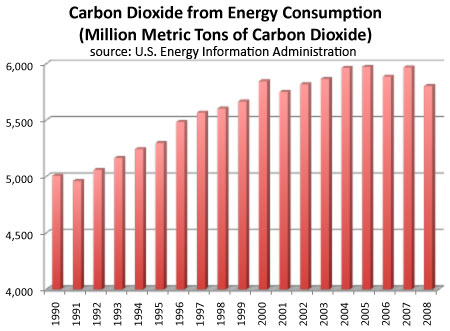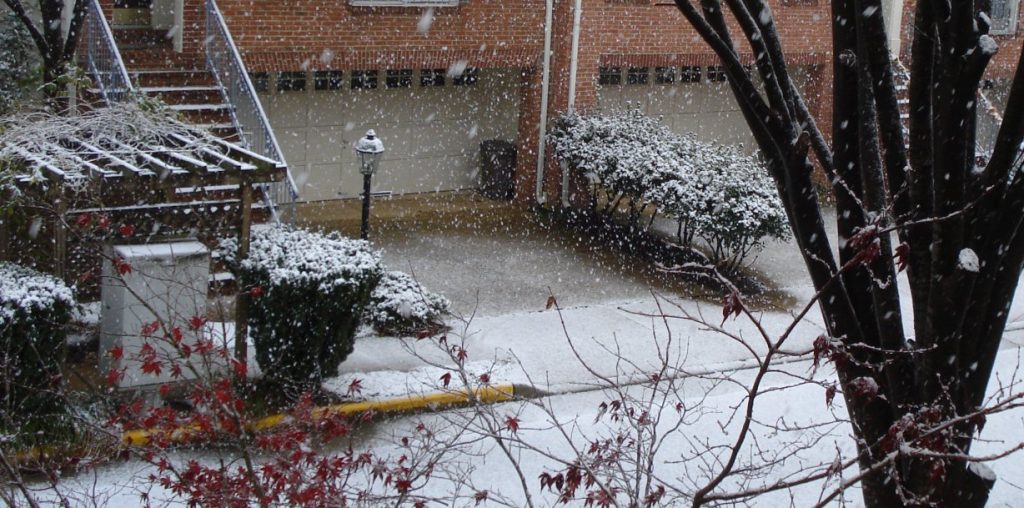It is like the man who has been locked up for a long time. Suddenly the door swings open and after years of dreaming about it, he is free. But he really doesn’t know where to go or what to do. The social media has done that to us in public affairs. We always said that we would be on easy street if we could just reach people, if we could just overcome the filters of editors and government controls. To a great extent we now can, but there is less than we had imagined.
A poor workman blames his tools
I am disappointed in the social media in spite or – or maybe because of – our success. We (State, IIP etc) have succeeded in reaching out directly to millions of people through the new media but the results have been astonishingly banal. A poor workman blames his tools. The fault lies not in the social media tools we are using but in our own lack of imagination in using them, coupled with unrealistic expectations. Social media is what it is. We can use it well or poorly, but we cannot change its fundamental nature. So what are some of the things we might try to do differently? Or maybe, what are the misconceptions that are keeping us from doing as well as we could? To use the 1990s B-school jargon, how can we shift our paradigms?
Our reach exceeds our grasp
Our minds still inhabit the old world of mass one-way media. Despite all the protestations to the contrary, we still think in terms of television, where one announcer reaches millions of people and it makes a difference. We CAN still reach millions with new media, but so can lots of other people. The power of television was not that it could reach millions. Its power centered on its capacity to dominate the attention of millions of people.
The wealth of options creates a poverty of attention. That means that “reach” is not what it used to be. Those who just want to reach more people don’t understand the realities of social media. Reaching a million people is easy. Grasping them and holding their attention, that is hard.
It is like yelling “hey” at somebody. He looks in your direction. If you say nothing or just say “hey” again, all you will end up doing is annoying him. Social media is very good at saying “hey” (we tend to call it building awareness) but the follow up is often not there.
You find your keys in the last place you look, because after that you stop looking
Reaching audiences and “Building awareness” w/o follow-up is usually worse than nothing because it allows you to stop at that. There is a good chance you can fool people with the good numbers. It sounds very impressive to say that your message reached a million people and you may be encouraged to think that your work is done. All you need to is repeat this success tomorrow and the next day and you are on easy street. The most devious way to hide something from someone is to make him think he found it already. Let him go happily and ignorantly on his way. We fool ourselves when we settle for reach.
Less is more?
Of course the opposite end of this bull crap continuum is the contention that you didn’t reach more than a couple people, but that they were really important. This may be true, but it almost never is. You can test it by asking for names. If your expensive program reached only a dozen people, you better know who they are and be able to give a creditable reason why they are so important.
I will admit it. I have fallen back on both these subterfuges on occasion; of course well in the past. Sometimes I have even done it on purpose. It is possible that your boss just doesn’t understand what you are trying to do, so you do something that you know will generate a big crowd to make him happy so that he will be happy and you can get on with your important work. Other times, you just mess up. It is easier to claim that you got the small number of key players than these were the only guys you could round up down at the train station.
Now that I am sometimes in a position to be the boss on these sorts of things, I know enough to ask the proper questions. Sometimes I am polite enough not to, although I usually follow up with an “amusing anecdote” so they know not to try it again.
Getting it right more important than just getting it
My disappointment with the social media has just made me more enthusiastic about getting it right. We really will need to change some of the ways we do business. We really do have to think about a new “community manager” role for online communities. This person has to be like a diplomat in many ways. That means that he/she need more than technological skills or the ability to “reach out”. He/she also need some substantive knowledge. If you are going to participate in a science community, you better know something about science.
We also have to get more into the human-interface. Real social media requires real social engagement. We cannot be social media broadcasters and we have to resist attempts to expand our social media community reach beyond what we can reasonably handle.
Many Distinct Niches Better than a Big Blob
Being overly broad is also not usually desirable or successful in building a community. You are better off working with many niche communities made up by people really interested and committed to a topic than trying to reach a big general audience. A niche audience allows each individual to get what he/she is looking for. As the community develops, members begin to feel a sense of belonging. They value the community and protect it. A community like this will usually be self policing, since individual members will have the expertise and perceive the interest to discipline bad actors and correct bad information.
Knowing your audience is important but identifying topics rather than audiences is the key to success. Naturally topics have to be interesting to somebody but audiences will form around topics. Identifying audiences and then trying to find topics to attract them not only nearly impossible to do, it is also borderline silly. It means that you abdicate leadership and allow your priorities to be set by what you think you can easily sell. Presumably we have some of our own priorities and some of them must be advocated whether they are popular or not.
Wisdom of crowds
I still haven’t figured this out and I am pretty sure I never will. But I do understand some parts of the puzzle and in true social media fashion I will rely on the hive intelligence. I think most of what we need to know is already known or can be found by somebody in the State Department. We just have to find each other and go from a bunch of learning individuals to a learning organization. Social media can help figure out social media. It is fitting.
The gate is open wide and we can see the far horizons but none of us knows where to go. However, all together we might pick the right direction.









